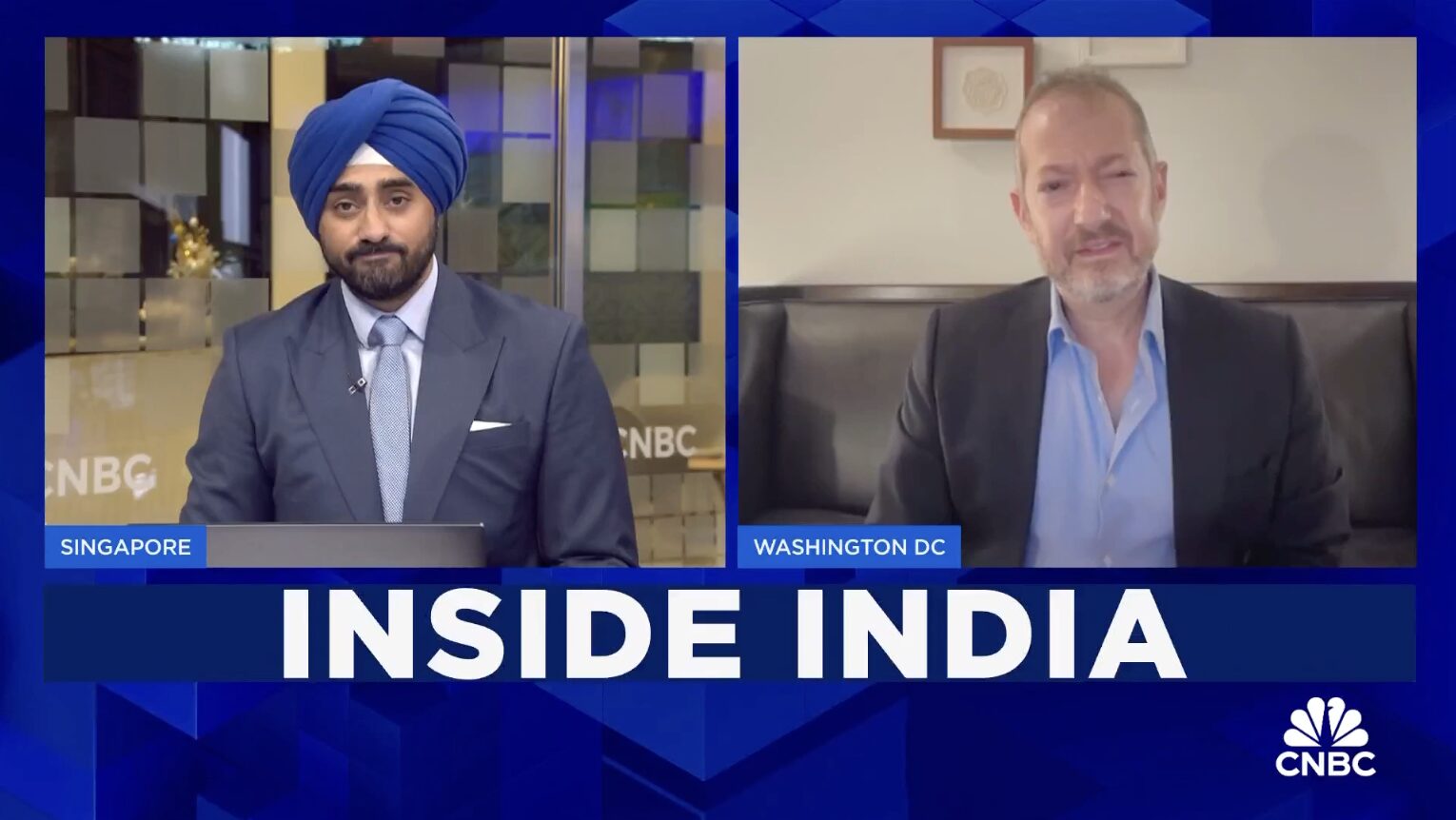
Dr. Sanjay Gupta: Explains the Science of Mouth-Taping
There’s a new sleep trend making waves: taping your mouth shut at night. Advocates say it can help you breathe better, sleep deeper, and even…
Thought Leader: Sanjay Gupta

The Centers for Disease Control and Prevention’s new guidance advising vaccinated Americans that it is safe to shed their masks is a milestone. The prevalence of Covid-19 is declining rapidly; older Americans are largely vaccinated. The task now is to learn to live with Covid. The virus won’t threaten America in the same way again, though neither will it disappear. Forbearance and persuasion will be essential.
Soon preventive measures won’t be prescribed by governors or mayors. People and businesses will decide what risks they are comfortable with. Critics of the CDC guidance say it’s too soon to stop masking or worry that there’s no way to tell who is vaccinated and who isn’t. It’s true that some unvaccinated Americans won’t wear masks. But many Americans are following public-health advice in good faith and may now see more incentive to get the shot.
The vaccines are remarkably effective. For most Americans, Covid will be a preventable disease. Some will need to continue to take precautions, such as those with compromised immune systems or certain pre-existing conditions like heart or lung disease.
Those who are fully vaccinated may want to guard against the remote risk that they could become infected and pass on the virus to someone else. Some will continue to wear masks in certain situations that are perceived to be high-risk—public transit, for instance. Such prudent behavior should be accepted and encouraged.
For all the finger pointing at politicians, the past year has included remarkable successes. Americans rose to a difficult challenge, developed highly effective vaccines in record time, and took on burdens to slow the spread until inoculations arrived.
The Trump administration supported an unprecedented research effort that helped deliver three vaccines and secure new efficiencies in manufacturing. The Biden administration oversaw an exceptional rollout. Widespread immunity is arriving earlier than most expected, thanks to so many Americans being vaccinated in such a short time. Mr. Biden and his team oversaw an effort that administered 220 million shots in his first 100 days in office, beating its own estimates. Vaccinating nearly 50% of the public in less than six months helped not only slow the spread but also ward off dangerous new variants.
Now the task will be persuading more Americans to get vaccinated, essential to keeping the virus at bay and making sure the young and healthy aren’t spreading the disease to more-vulnerable friends and relatives. Even if older Americans are largely vaccinated, the vaccines won’t work well for everyone, such as those who have cancer or other conditions that require powerful drugs to suppress the immune system.
Many of those who haven’t been vaccinated aren’t “antivaxxers.” For some, it’s a matter of convenience: It’s still hard to get the time off to get the shot. Others are young and don’t think they’re at high risk from the disease. Still others have questions and need more information to feel confident. The Biden administration’s efforts to deliver vaccines through local doctors and pharmacists could help more Americans get the counseling they need to make informed choices.
Over the past several weeks more evidence has emerged that Covid-19 vaccines not only prevent disease but also substantially reduce the risk of spreading the virus to others. This evidence informed the CDC’s decision to lift the mask guidance for the fully vaccinated. There’s reason to hope that more Americans look at the practical benefit—no more masks—and decide to make that appointment to get vaccinated.
Dr. Gottlieb is a resident fellow at the American Enterprise Institute and was commissioner of the Food and Drug Administration, 2017-19. He serves on the boards of Pfizer and Illumina.
Dr. Sanjay Gupta: Explains the Science of Mouth-Taping
There’s a new sleep trend making waves: taping your mouth shut at night. Advocates say it can help you breathe better, sleep deeper, and even…
Thought Leader: Sanjay Gupta
Joe Grogan: The Alzheimer’s Economic Threat
Social Security could become insolvent in as little as eight years, with more people retiring and living longer and fewer paying into the program. Alzheimer’s disease is…
Thought Leader: Joseph Grogan
Evan Feigenbaum on the outcomes of Putin’s India visit
Evan Feigenbaum of the Carnegie Endowment for International Peace argues that none of India’s major challenges can be meaningfully addressed by deepening ties with Russia.…
Thought Leader: Evan Feigenbaum

